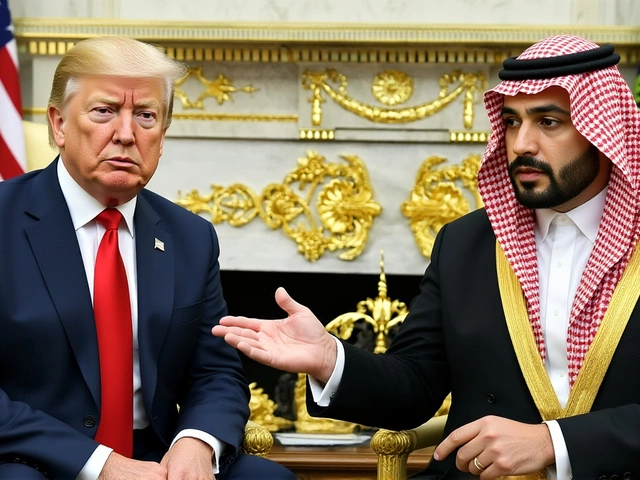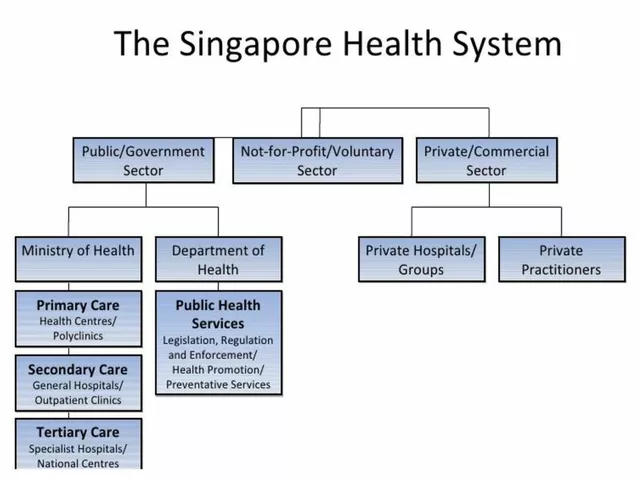Setting the Stage: The Role of Government in Public Health
When we consider the role of government in public health, we're really talking about how we as a society choose to protect and promote the health and wellbeing of our citizens. In my view, this is one of the most crucial functions of any government. It's about creating conditions in which people can live healthy lives, both physically and mentally. This includes everything from ensuring clean air and water to providing access to healthcare services and promoting healthy lifestyles.
However, there's often debate about exactly what role government should play in public health. Some argue for a more hands-off approach, while others believe in more direct government intervention. In this article, I'll explore different perspectives on this issue and provide my own take on how governments can best promote public health.
Direct Intervention: The Government as Health Care Provider
One major role that governments can play in public health is as a direct provider of healthcare services. This can take many forms, from running public hospitals and clinics to providing health insurance for citizens. In my view, this is a vital function of government, especially in countries where private healthcare is unaffordable or inaccessible for many people.
By providing healthcare services, governments can ensure that everyone has access to the care they need. This is not only a moral imperative but also a practical one. A healthier population is more productive and less likely to need expensive emergency care. Therefore, investing in healthcare can actually save money in the long run.
Prevention and Education: The Government as Health Advocate
Another important role for governments in public health is in prevention and education. Governments have a unique platform to promote healthy lifestyles and prevent disease. This can be done through public health campaigns, school health programs, and regulations aimed at promoting health.
For example, governments can regulate the food and beverage industry to limit the amount of unhealthy ingredients in products. They can also run campaigns to promote physical activity and healthy eating. I believe these kinds of interventions are key to preventing chronic diseases like obesity, diabetes, and heart disease, which are major public health challenges in many countries.
Protection and Regulation: The Government as Health Guardian
Another crucial role for governments in public health is protection and regulation. This involves setting standards for health and safety, and ensuring that these standards are met. This can include everything from regulating air and water quality to ensuring the safety of food and drugs.
In my view, this is one of the most important roles for government in public health. Without government regulation, businesses might prioritize profit over health, leading to dangerous conditions for workers and consumers. By enforcing health and safety standards, governments can prevent diseases and injuries and protect the health of their citizens.
Conclusion: Balancing Roles for Optimal Public Health
In conclusion, I believe that governments have a vital role to play in promoting public health. This includes acting as a healthcare provider, health advocate, and health guardian. However, the balance between these roles can vary depending on the specific needs and context of each country.
What's clear is that governments cannot afford to neglect their role in public health. A healthy population is a productive and happy population, and that's something that benefits us all. I hope this article has given you some food for thought on this important topic.



